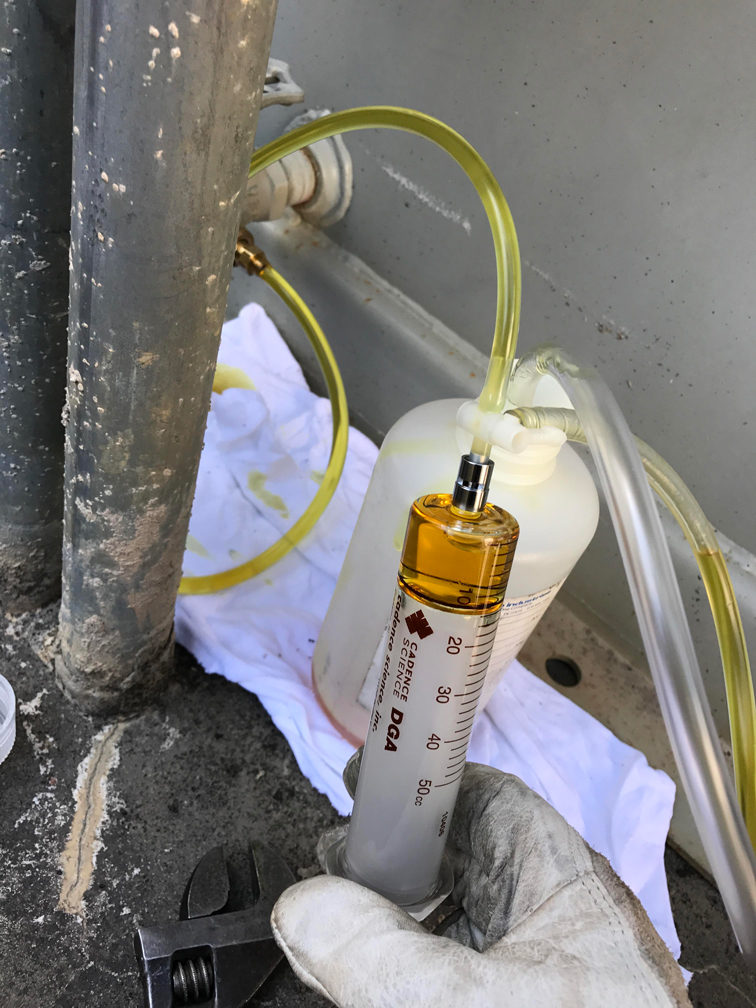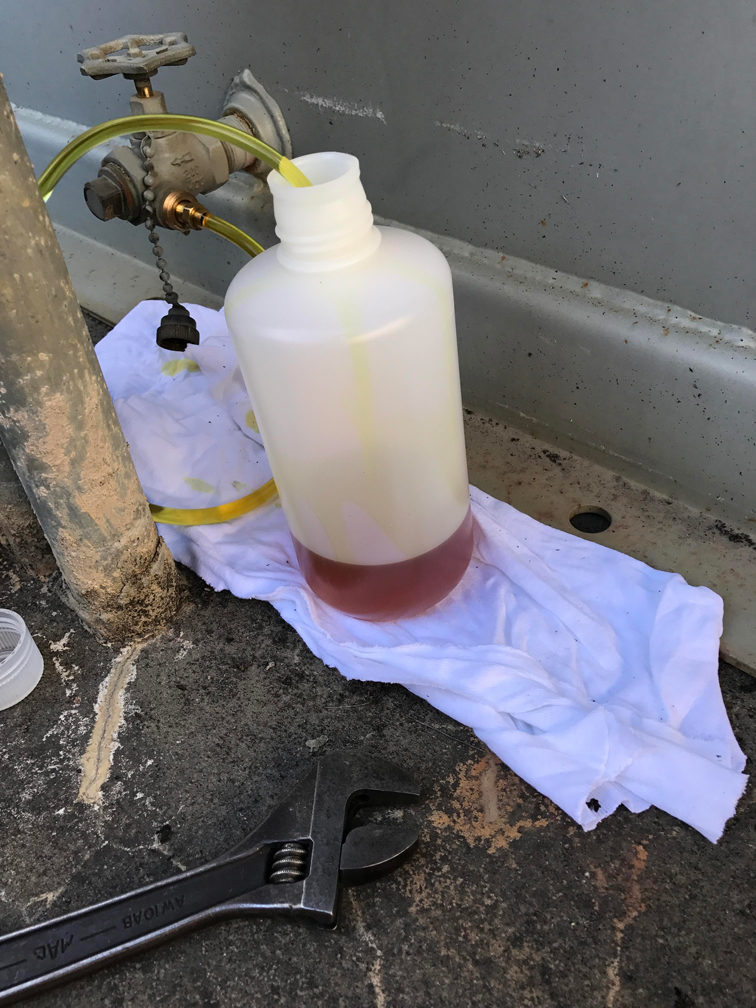Where do you rent your electrical test equipment? Oftentimes, you may not have a test set that you may need. There are multiple reasons why this may be the case. Those of us who regularly work in the electrical testing field, know how expensive equipment is. A primary current injection test set may sell […]




